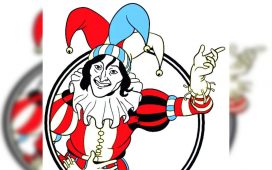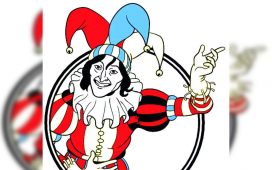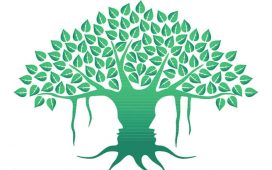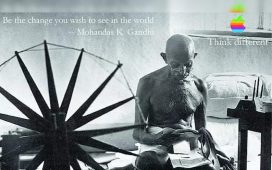The publishers have pitched the book as Rushdie‘s first work since the brutal attack on him in upstate New York in August last year. This is, strictly speaking, accurate. But to many who are unfamiliar with the workings of authors and publishers, it will appear as though Rushdie wrote the novel in the aftermath of the attack. This, in fact, is not true at all. Rushdie finished the novel one month before he was stabbed at a public event. The attack blinded him in one eye. In his first interview since the attack, with David Remnick for the New Yorker earlier this month (bit.ly/3xTJCr2), Rushdie talks about how hard he finds to type these days, how sensation in his hands has not yet returned.
Inevitably, however, Victory City will be seen through the prism of the attack. In many quarters, and by many readers, the novel will be interpreted as a dispatch from the frontlines of the battle against repression and freedom of speech. A novel will no longer remain just a novel.
Certainly, in our age of information overload, it is difficult to suspend what lies outside and around a particular text, to divorce an author from his life and his past. But this is much more true for Rushdie than for other contemporary writers. Ever since the fatwa issued on him on Valentine’s Day in 1989 by Iran’s then supreme leader Ayatollah Khomeini, a man who had not read The Satanic Verses, the novel for which the death edict was issued, Rushdie has become as much a lightning rod for the disaffection of certain groups as a totemic presence representing free speech.
Rushdie the Artist has become indivisible from Rushdie the Cause. Through the fog of the fatwa and its aftermath, and now in the wake of the brutal stabbing of August 2022, Rushdie has ceased to be what he himself has called ‘a spinner of yarns’, ‘a teller of tales, a creator of shapes, a maker of things that were not’.
But he has, resolutely, indefatigably, continued to spin his yarns. Victory City is his 16th book since the fatwa was announced. After living as a fugitive for many years – a period eloquently captured in his 2012 memoir, Joseph Anton – Rushdie moved from London to New York and tried to live as normal a life as he could.
Rushdie is acutely aware of how closely twinned his identity as an artist is with the perception of his embodiment of a certain principle. He has chafed against it. In his New Yorker interview, he said, ‘I’ve always thought that my books are more interesting than my life. Unfortunately, the world appears to disagree.’ The fatwa provided a boost to his book sales. As did last summer’s attack. In the interview, Rushdie recalled that many years ago, there were people who seemed to grow tired of his persistent existence. ‘People didn’t like it. Because I should have died. Now that I’ve almost died, everybody loves me… That was my mistake, back then. Not only did I live but I tried to live well. Bad mistake. Get 15 stab wounds, much better,’ he told Remnick.
Victory City is one of Rushdie’s finest creations. This is how the novel ends:
‘I, Pampa Kampana, am the author of this book.
I have lived to see an empire rise and fall.
How are they remembered now, these kings, these queens?
They exist only in words…
Words are the only victors.’
Words are the only victors: for any serious writer, that is a working philosophy. In Rushdie’s case, however, this will be seen as a rallying cry from an artist who is no longer merely an artist.
(The writer is author of Thirteen Kinds of Love)








